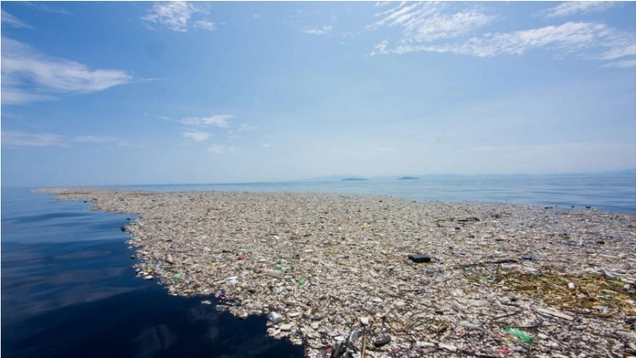
Throughout the world, the use of plastics has proliferated, and so has plastic pollution in our neighborhoods, open spaces and waterways. By the year 2050, there will be more plastic trash in the worlds oceans than fish. Councilmember Krekorian has fought against this scourge throughout his time in public service.On February 17, the City Council took decisive action to reduce plastic pollution. Approving a motion by Councilmember Krekorian and his colleagues Mitch OFarrell and Paul Koretz, along with Council President Nury Martinez, the Council initiated a landmark strategy that will:
Phase out the purchase and use of plastic bottles at all City facilities and City-sponsored events.
Deploy drinking fountains and portable hydration stations to reduce demand for bottled water.
Eliminate use of styrofoam takeout food packaging and packing materials.
Phase out exemptions and loopholes in the existing plastic bag ban
Devise a comprehensive plan to reduce consumption of single-use plastic throughout the local economy.
The world is drowning in plastic pollution that is destroying the marine environment and fouling Los Angeles neighborhoods. For decades, the petrochemical industry has enriched itself at the expense of the planet by pushing single-use plastics, Krekorian said. Here in Los Angeles, we've taken many groundbreaking steps to fight this plastic addiction, but the problem cannot be solved by banning one particular item at a time. Today, for the first time, the city is moving forward with a comprehensive plan that will broadly address plastic waste across our economy, starting with our own city operations. Our work here should be a model for the rest of the nation.
Which Plastics Get Recycled?
There has been tremendous confusion over plastic recycling. Only 5 percent of all plastic ever manufactured has been recycled. To be clear, LA Sanitation currently is recycling only plastics marked with numbers 1, 2 or 5. These are typically containers for beverages, cleaning fluids or food products like yogurt or cottage cheese. ONLY these items should be placed in the blue bin. Plastic film, styrofoam, straws, toys, tools and other plastics are NOT recycled, and actually cause harm to the machinery, so they should be placed in the black bin.